Quality Living Center

Overview
Quality Living Center, a transitional living residence situated on Asher Avenue in Little Rock, Arkansas, offers housing, alcohol and substance addiction treatment, and FDA-approved Medication-Assisted Treatment (MAT) detox to all men and women aged 18 and greater. The center provides a structured environment in which individuals can concentrate on their recovery while transitioning to independent living.
The residential housing program of the facility, which comprises 35- or 45-day transitional housing programs, can accommodate 75 men. As part of their comprehensive treatment plan, residents are obligated to attend weekly counseling sessions during their stay. The center employs a diverse array of evidence-based counseling modalities, such as Cognitive Behavioral Therapy (CBT) to assist clients in addressing dysfunctional emotions, behaviors, and thoughts, Dialectical Behavioral Therapy (DBT) to enhance interpersonal effectiveness and distress tolerance, and Rational Emotive Behavioral Therapy (REBT) to facilitate rational thought processes. Residents are provided with addiction education and relapse prevention education, which are essential components of long-term recovery, in addition to individual and group counseling.
It adheres to the 12-Step model, which offers residents a structured framework for their recovery journey. Anger management and trauma therapy are also accessible to residents, with individual sessions lasting between 15 and 30 minutes as required. The facility, in addition to addiction treatment, provides education and counseling on Hepatitis A, B, and C to ensure that residents are well-informed and supported in the management of their overall health.
Residents are required to adhere to specific regulations, which encompass shared living responsibilities, participation in domestic tasks, and random drug screenings, as part of the transitional living housing program. This structure instills a sense of community and accountability in its occupants. The center provides a sliding fee schedule that is determined by income and other factors in order to ensure that the program is accessible to a wider range of individuals who are in need of recovery support. The Center is dedicated to assisting individuals in overcoming addiction and establishing a foundation for a healthier, more independent future by offering a comprehensive treatment approach and a secure, supportive environment.
Quality Living Center at a Glance
Payment Options
- Cash or self-payment
- Private health insurance
- Sliding fee scale (fee is based on income and other factors)
- Payment assistance (check with facility for details)
- Aetna
Assessments
- Screening for tobacco use
- Comprehensive substance use assessment
- Interim services for clients
- Outreach to persons in the community
- Screening for mental disorders
Age Groups
- Young adults
- Adults
Ancillary Services
- Case management service
- Domestic violence services, including family or partner
- Early intervention for HIV
- Social skills development
- Transportation assistance
Highlights About Quality Living Center
7.00/10
With an overall rating of 7.00/10, this facility has following balanced range of services. Alcohol Rehabilitation: 8.00/10, Drug Rehab and Detox: 6.00/10, Insurance and Payments: 6.67/10, Treatment Options: 7.33/10.-
Alcohol Rehabilitation 8.00
-
Treatment Options 7.33
-
Insurance and Payments 6.67
-
Drug Rehab and Detox 6.00
Accreditations
Commission on Accreditation of Rehabilitation Facilities (CARF):

CARF accreditation is a globally recognized certification for rehabilitation and human service organizations. It signifies that an organization meets high-quality standards and is committed to providing top-level care. Achieving CARF accreditation involves a rigorous evaluation process, including on-site surveys. This accreditation enhances an organization's reputation, instills trust in clients and funders, and encourages ongoing excellence in the field.
Registration: 244115
SAMHSA certification for opioid treatment program (OTP):
Accreditation by the Substance Abuse and Mental Health Services Administration (SAMHSA) for Opioid Treatment Programs (OTPs) signifies that a program has met strict standards for providing high-quality care to individuals with opioid use disorders. It assures patients, families, and communities that the OTP follows evidence-based practices, employs qualified staff and maintains a safe and effective treatment environment. This accreditation reflects the program's commitment to addressing the opioid epidemic and promoting recovery.
State department of health:

Government agencies issue State Licenses, granting rehabilitation organizations permission to operate their businesses legally within specific geographic regions. The licenses needed for legal operation are typically determined by the type of rehabilitation program offered by a facility and its physical location.
Treatment At Quality Living Center
Treatment Conditions
- 24-Hour Clinical Care
- Alcoholism
- Substance use treatment
Care Levels
- Outpatient
- Short-term residential
- Long-term residential
- Outpatient day treatment or partial hospitalization
- Intensive outpatient treatment
Treatment Modalities
- Cognitive behavioral therapy
- Telemedicine/telehealth therapy
- Substance use disorder counseling
- Smoking/vaping/tobacco cessation counseling
- Group counseling
Ancillary Services
Additional Services
- Pharmacotherapies administered during treatment
- Mentoring/peer support
- Drug or alcohol urine screening
Get Help Now
Common Questions About Quality Living Center
Contact Information
Other Facilities in Little Rock

7.09
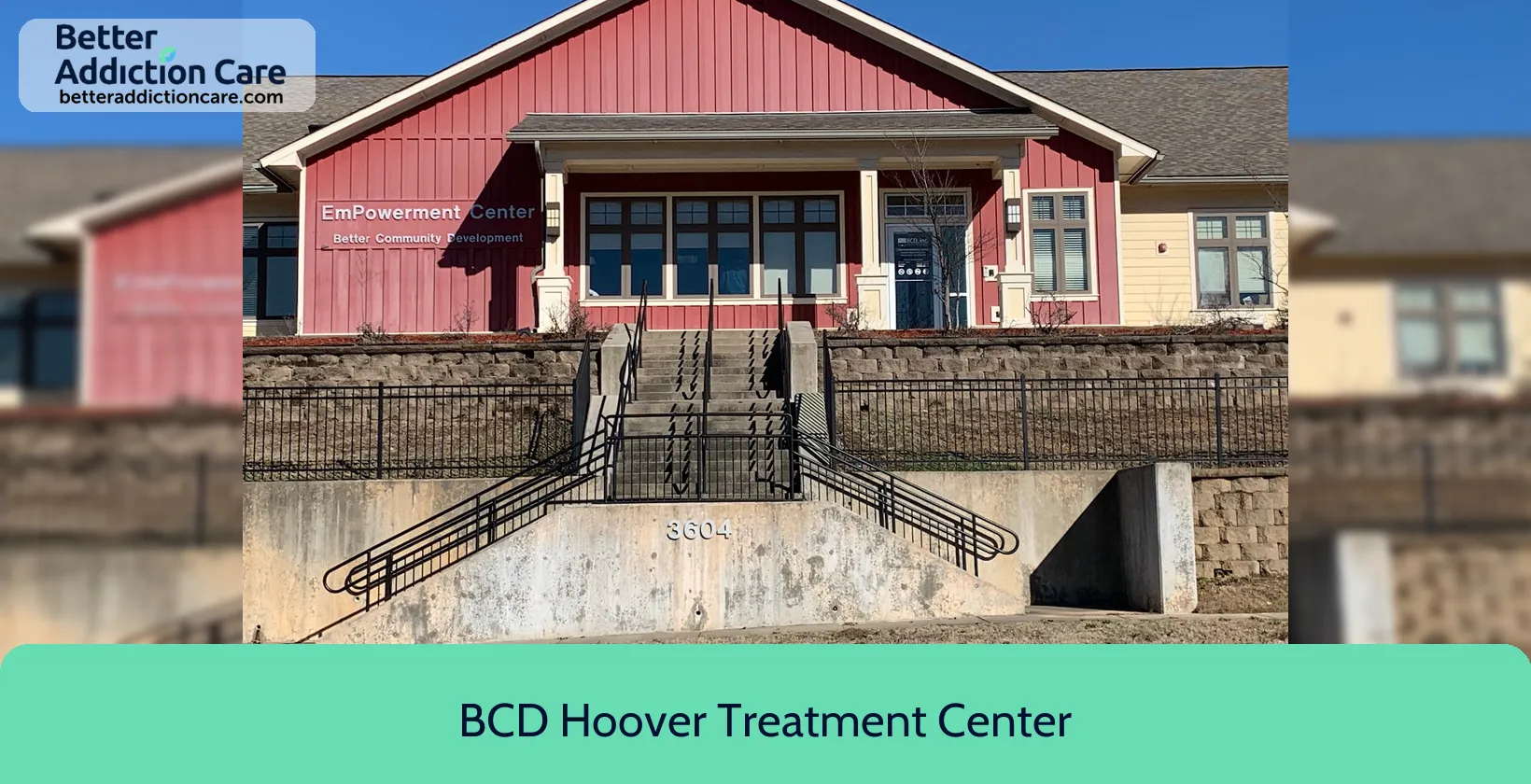
7.14
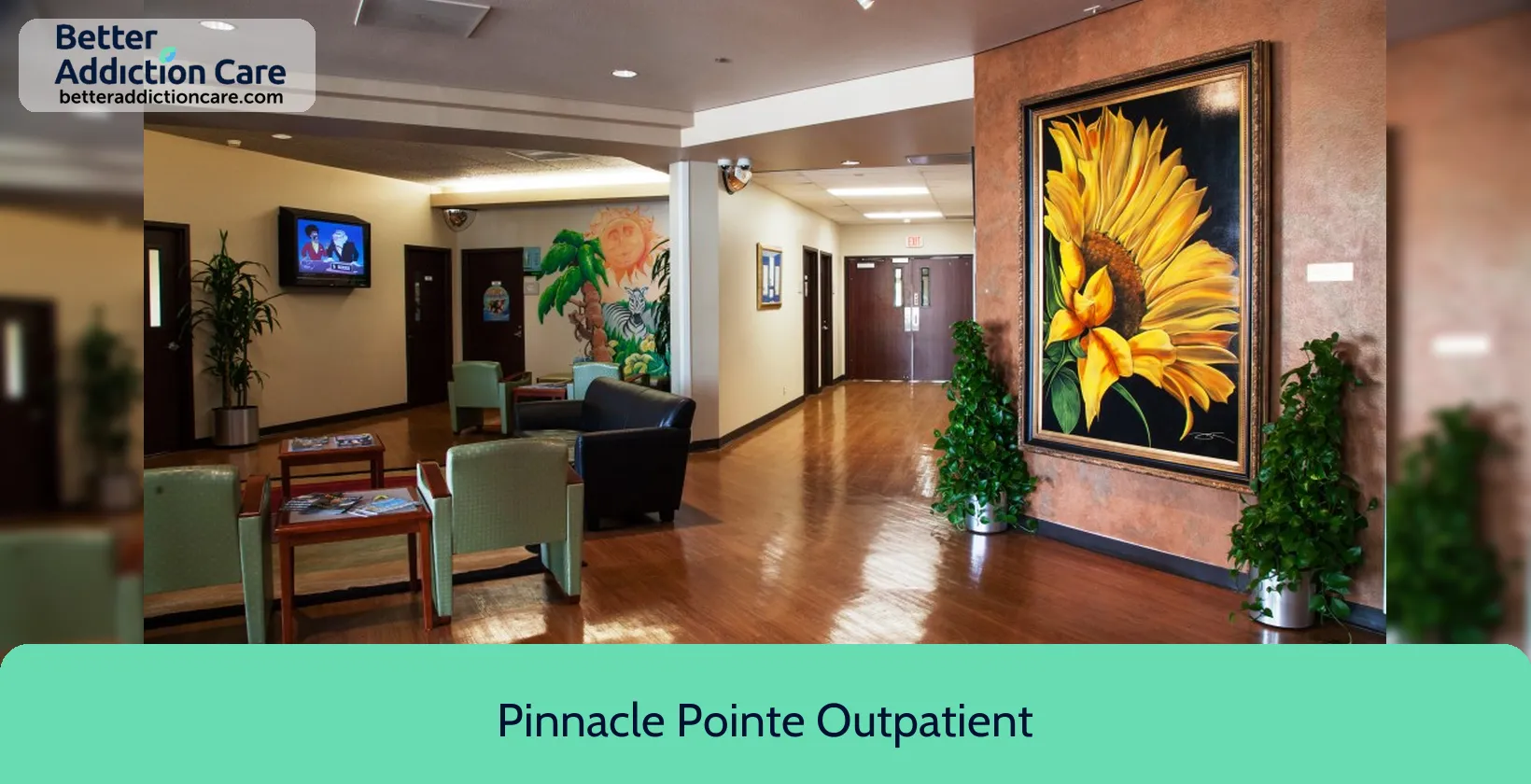
6.68
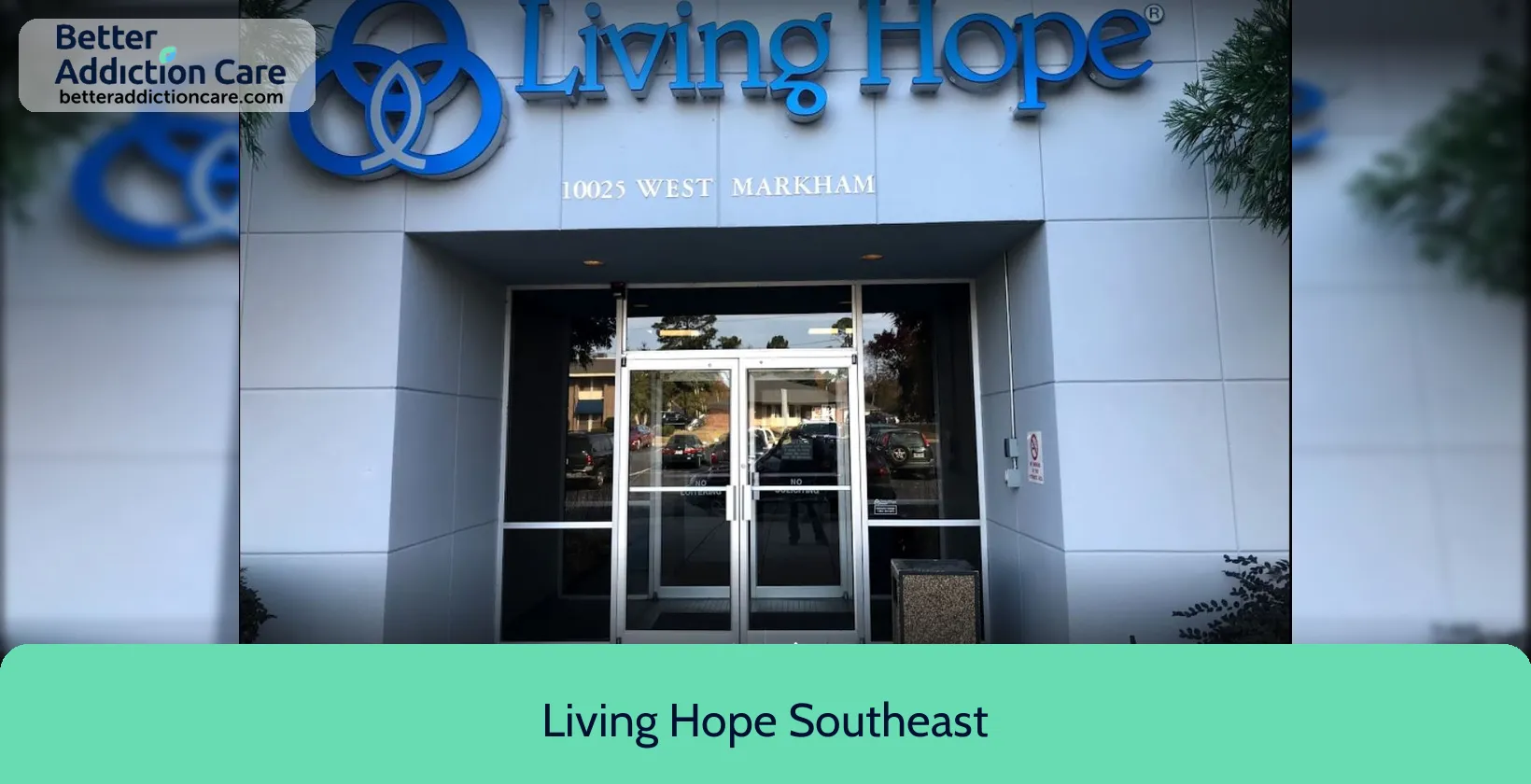
6.74
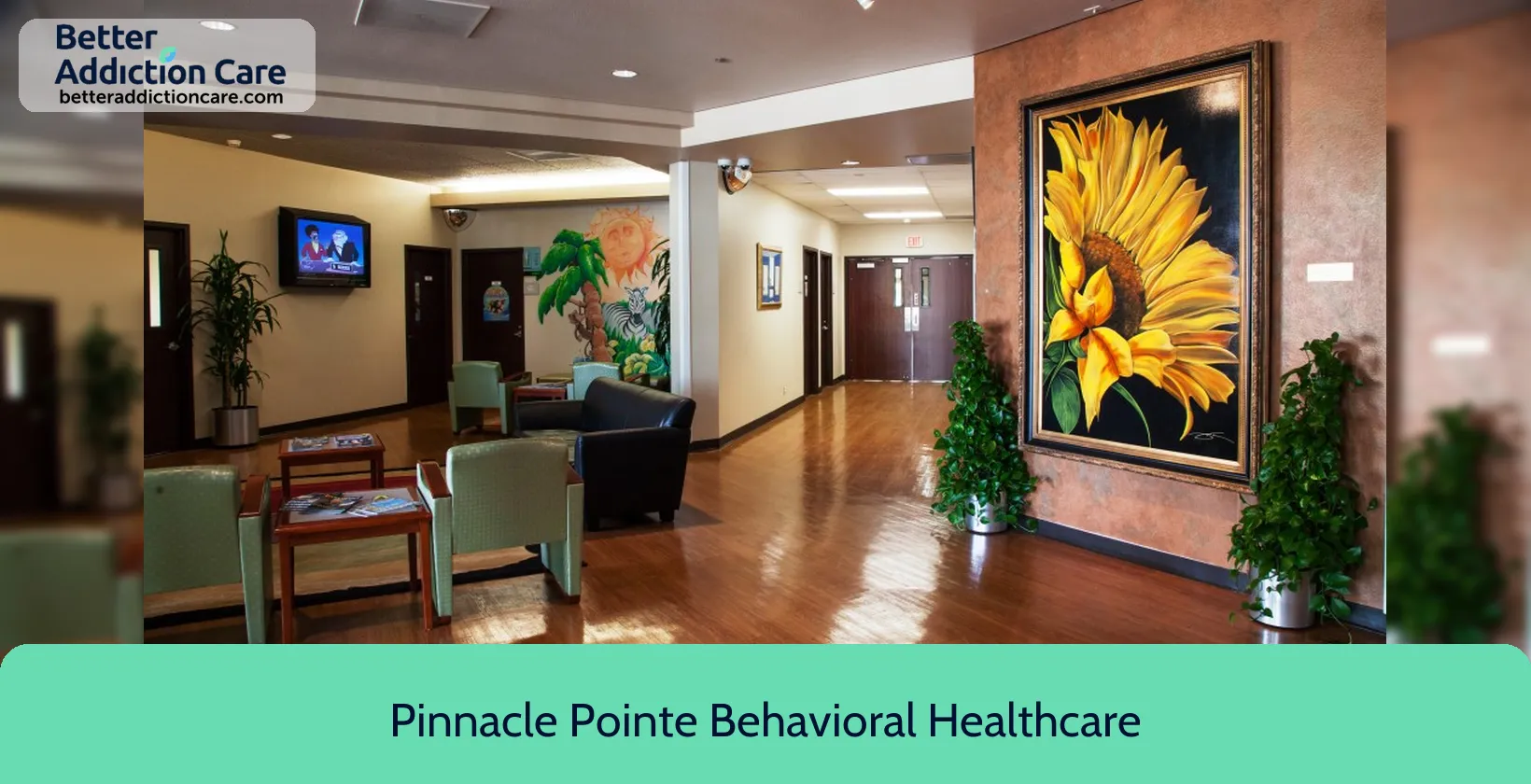
6.96

6.68
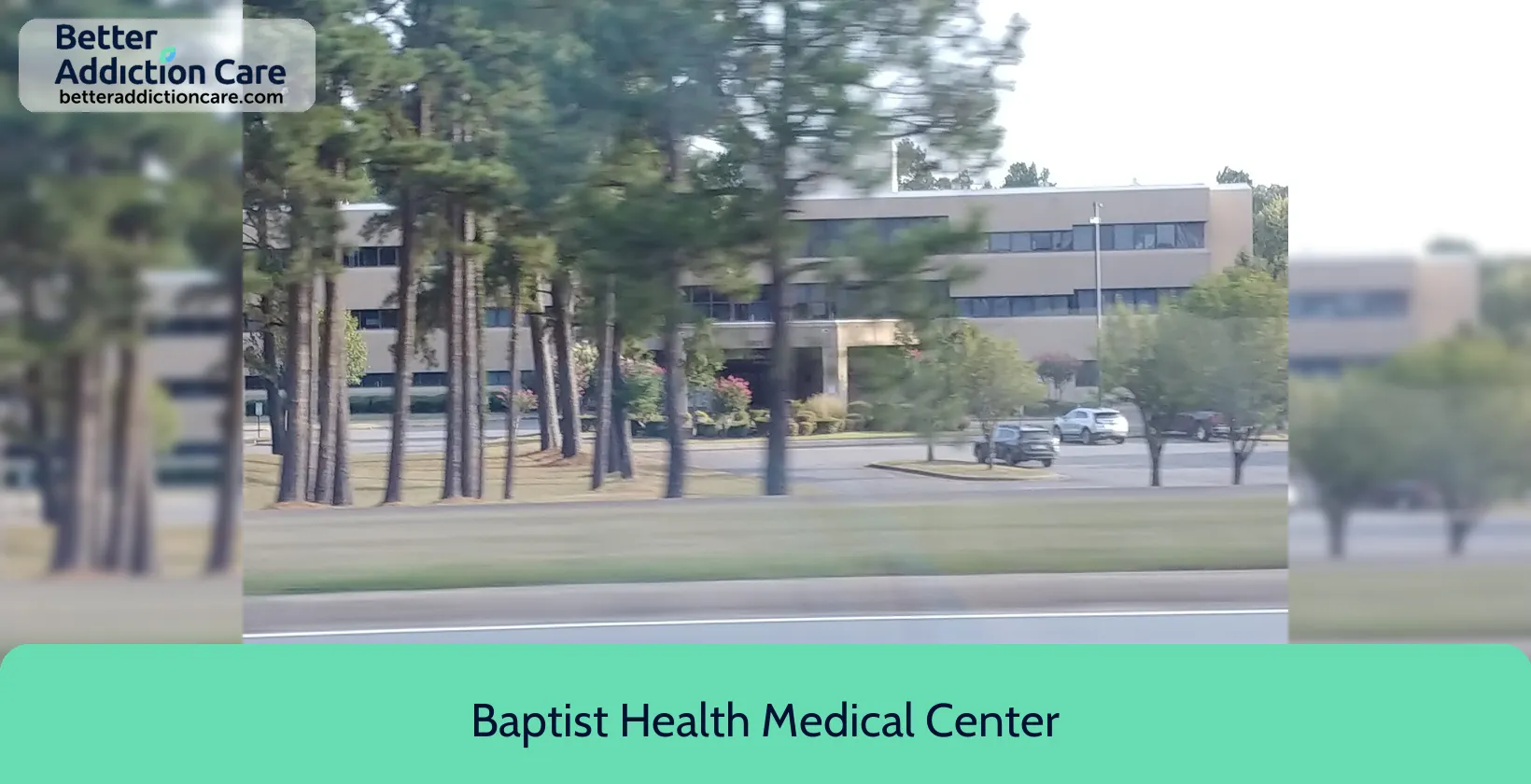
6.65
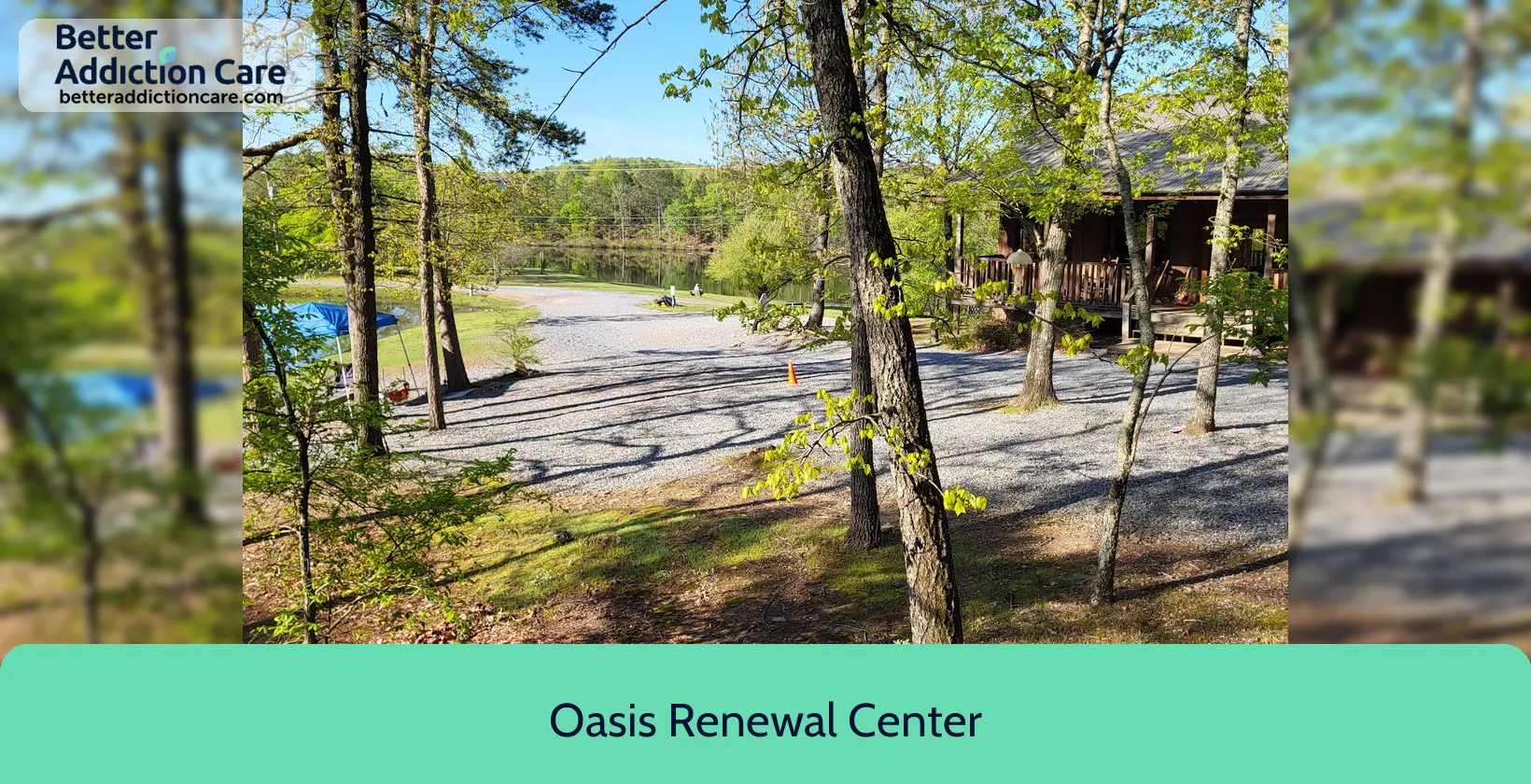
7.32
Browse rehab centers near Little Rock and in other cities across Arkansas
DISCLAIMER: The facility name, logo and brand are the property and registered trademarks of Oasis Renewal Center, and are being used for identification and informational purposes only. Use of these names, logos and brands shall not imply endorsement. BetterAddictionCare.com is not affiliated with or sponsored by Oasis Renewal Center.
